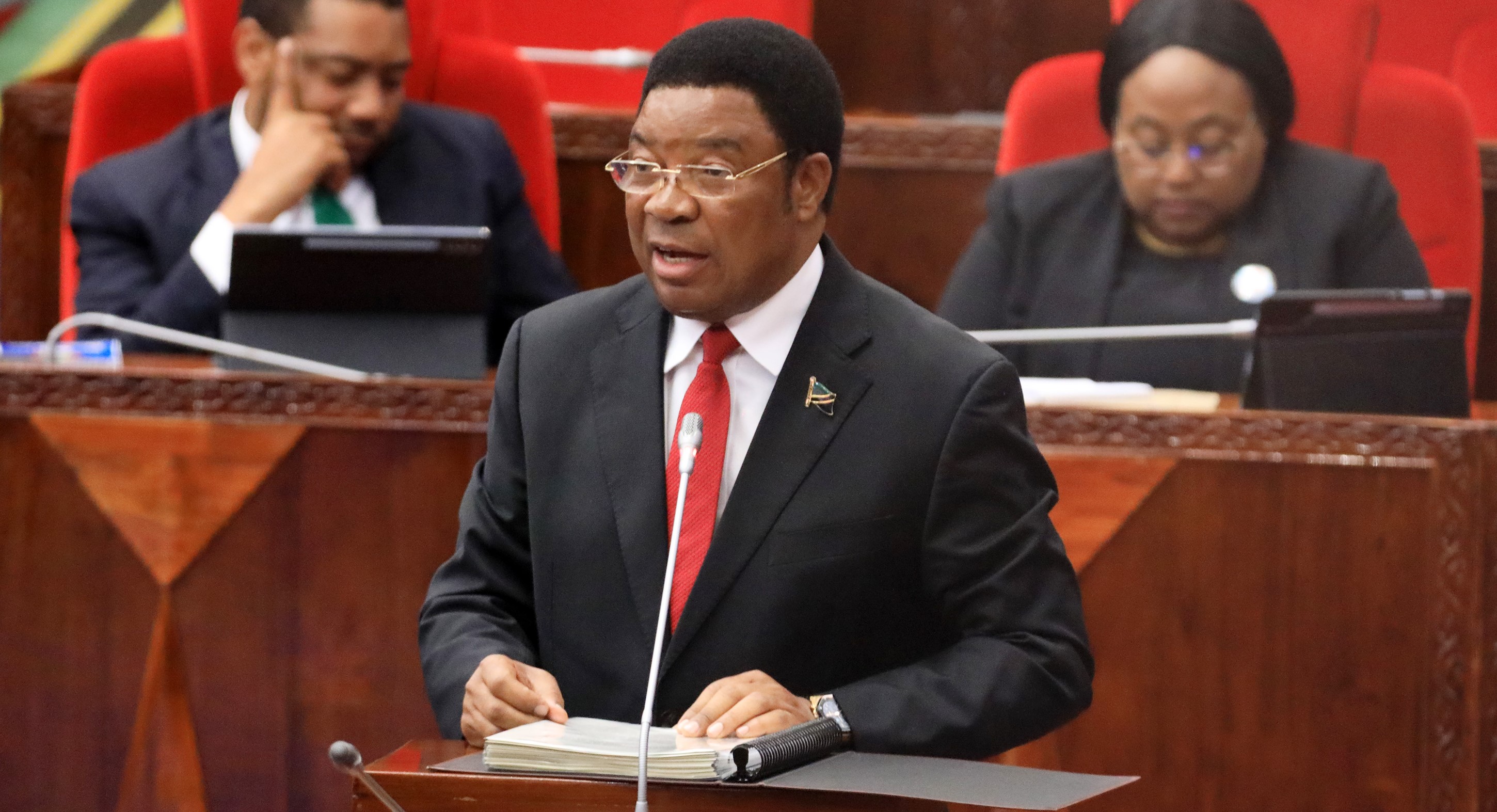Tackling intra-Union tax challenges
With almost 57 years of existence, the Union between Tanganyika and Zanzibar (forming the United Republic of Tanzania) is, perhaps, amongst the most successful in the world. However, despite its many successes, there are still some challenges. President Samia Suluhu Hassan remarked at the swearing-in ceremony of Vice President Philip Mpango tasking him to resolve the “remaining” challenges facing the Union. She noted that most challenges have been resolved except for the financial related matters.
However, she was not specific, but from a practical point of view, there are intra-Union taxation issues that need attention. Value-added tax (VAT) is one example. VAT is not one of the Union matters listed under the First Schedule to the Constitution of the United Republic of Tanzania. Mainland Tanzania and Zanzibar, for VAT purposes, are two different jurisdictions. VAT is one of the most important sources of revenue to both Mainland and Zanzibar. VAT makes around 30 per cent of the total annual tax revenues for each side of the Union. Both sides adopted VAT in July 1998. The 1997 VAT Act was the law applicable in Mainland Tanzania only. Zanzibar, on the other hand, have the 1998 VAT Act. These original VAT laws were to all intents and purposes similar; but this has changed over time.
In 2014, Mainland Tanzania repealed its 1997 VAT law and replaced it with the VAT Act-2014 with a destination principle as one of its key pillars. The destination principle is an internationally recognized rule that requires VAT to be collected by the jurisdiction where goods or services are finally consumed and not where the seller is located. The new VAT law was effective from July 2015. Zanzibar, however, still has its 1998 VAT law; but it has undergone several changes over the years, including the recent reduction of the standard rate from 18 percent to 15 percent. The Mainland still maintains 18 percent as its rate.
The Zanzibar VAT law has not fully adopted the destination principle. In Mainland Tanzania, the VAT law (VAT Act, 2014) is administered by the Tanzania Revenue Authority (TRA). The VAT law (the VAT Act, 1998) in Zanzibar is administered by the Zanzibar Revenue Board (ZRB). TRA and ZRB are legally and practically independent of each other. The two VAT laws and their administrations bring several challenges to businesses operating on both sides of the Union or those with a ‘cross-border supply of goods or services. Some stem from the existing differences between the two VAT laws.
For businesses operating on both sides of the Union or across the two sides (‘intra-Union trade’), VAT should be one of the key considerations in their business decisions. Imagine a banking business for example. As most mobile banking transactions are subject to VAT at a standard rate, the banks have real practical challenges in handling the two VAT laws. Should a bank charge VAT its Mainland-based customer using mobile banking services while Zanzibar at a rate of 18 percent or 15 percent?
If a 15 percent rate should apply (as the services are consumed in Zanzibar), do bank’s systems capable of easily telling whether their customer is accessing mobile banking services while in Zanzibar? Yes, with technology it can be done, but at what cost - to the banks and customers?
In my next few articles, I intend to cover the differences between the two VAT laws and their implications for businesses. First, to highlight the key VAT aspects that taxpayers operating on both sides of the Union should be aware of as part of their tax risk management.
And, second is to point out some areas that I believe may require some reforms to make the two VAT laws more harmonious and facilitative to the intra-Union trade.





